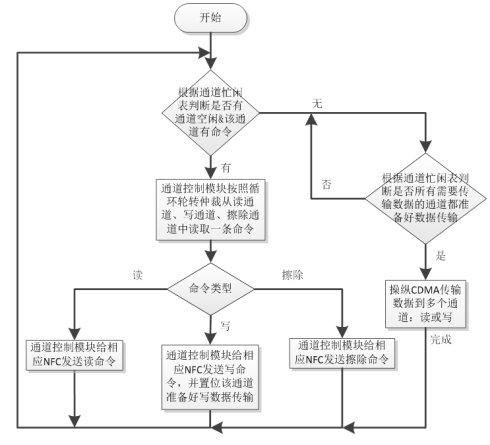Wind energy has been rapidly gaining popularity as a means for combating climate change. However, the variable nature of wind generation can undermine system reliability and lead to wind curtailment, causing substantial economic losses to wind power producers. Battery energy storage systems (BESS) that serve as onsite backup sources are among the solutions to mitigate wind curtailment. However, such an auxiliary role of the BESS might severely weaken its economic viability. This paper addresses the issue by proposing joint wind curtailment reduction and energy arbitrage for the BESS. We decouple the market participation of the co-located wind-battery system and develop a joint-bidding framework for the wind farm and BESS. It is challenging to optimize the joint-bidding because of the stochasticity of energy prices and wind generation. Therefore, we leverage deep reinforcement learning to maximize the overall revenue from the spot market while unlocking the BESS's potential in concurrently reducing wind curtailment and conducting energy arbitrage. We validate the proposed strategy using realistic wind farm data and demonstrate that our joint-bidding strategy responds better to wind curtailment and generates higher revenues than the optimization-based benchmark. Our simulations also reveal that the extra wind generation used to be curtailed can be an effective power source to charge the BESS, resulting in additional financial returns.
翻译:风能作为应对气候变化的手段在迅速普及。然而,风力发电的不确定性可能会影响系统的稳定性,导致风电功率限制,给风力发电生产者带来巨大的经济损失。作为解决方案之一,可以使用作为现场备份源的储能系统。然而,该储能设备的辅助作用可能严重削弱其经济可行性。本文通过对风电功率限制减少和能量套利进行联合提出了对应的储能系统。我们解开了风电-电池系统的市场参与,并为风电场和储能系统开发了联合出价框架。由于能源价格和风力发电的随机性,联合竞标的优化是具有挑战性的。因此,我们利用深度强化学习来最大化随市场波动优化并解锁储能系统在同时减少风电功率限制和进行能量套利方面的潜力。我们使用现实风电场数据来验证所提出的策略,并证明我们的联合竞标策略对风电功率限制的响应更好,而且产生的收入更高,高于基于优化的基准。我们的模拟还揭示了未被利用的风能发电可以是充电该储能系统的有效能源,从而产生额外的财务回报。

